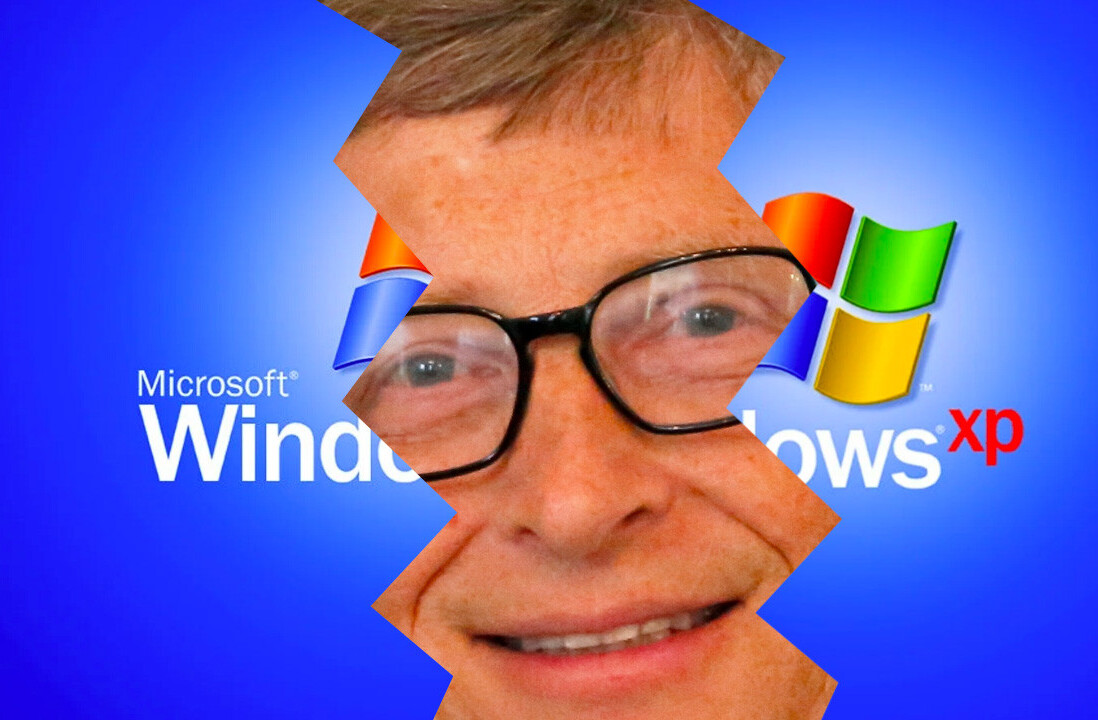
You might have missed it, but Microsoft in the process of fundamentally changing its business model. Decades into its history, the company has realized that to best serve the technology market, it must rethink its methods of business.
From the enterprise to the consumer and from the cloud and back again, Microsoft is shifting from its long status as a software company of what one could call reasonable purity – Microsoft peripherals, and dalliances in the Xbox and Zune lines aside – to a company that has devices in its main line.
I’m referring, naturally, to recent comments by Microsoft CEO Steve Ballmer. Here’s the key quote from the interview with the Seattle Times:
I think when you look forward, our core capability will be software, (but) you’ll probably think of us more as a devices-and-services company. Which is a little different. Software powers devices and software powers these cloud services, but it’s a different form of delivery[.]
Thus, Microsoft will continue to build software, but now has a firm eye on also constructing the conduits – be they digital or otherwise – that the software will be delivered through. As TNW noted at the time:
Yes, all technology is powered by software, but Microsoft wants to be in the business of delivering that software through services and devices. This extends its value proposition. Ballmer phrases that point simply: “Software powers devices and software powers these cloud services.”
Now, if all this is old news, why bring it up? A recent book landed on my shelf which helps to frame how large a shift Microsoft is currently undergoing [Note: Agate Publishing sent me a copy to read, the dears].
Dubbed Impatient Optimist, it’s a compendium of Bill Gates quotes, on a great number of topics, from across his history as a public figure. It’s not too long a read, but it certainly helped me better understand Microsoft’s progression over the years; you can feel the difference in a Gates quote from 1999, and 1994, for example.
That in mind, I stumbled across several quotes that do indeed bear repeating, as they help detail what Microsoft was. Each of the following quotes is from the book, and I’ve also included the original publishing location as well, for better sourcing.
On working with others:
[Microsoft’s] success has really been based on partnerships from the very beginning. – The Road Ahead, 1995
On what Microsoft is meant to do:
Microsoft is designed to write great software. We are not designed to be good at other things. We only know how to hire, how to manage, and how to globalize software products. The key was to never view ourselves as a services company. We had to be a product company. But it was an approach that would probably not apply to any other business. – Forbes.com, 1997
Our business strategy from the beginning was quite different than all the other computer companies that existed when we were started. We decided to focus just on doing the high-volume software, not to build hardware systems, not to do chips, just to do software…. It was a strategy that required partners. – Keynote at San Jose State, 1998
On focus at Microsoft:
Well, hey, we can’t do everything – we don’t expect to do everything. [But] we do a lot and we have a longer time horizon than anyone else. – PC Magazine, 2008
—
I selected those quotes, and put them in chronological order for a reason: they illuminate Microsoft’s path.
As Gates notes, partnerships – he hits on WinTel elsewhere, of course – were core to Microsoft from its early days. All one has to do is recall the IBM affair, and it makes sense. The following passages, from two and three years later, outline what Microsoft is best at: writing code that anyone can use.
Interestingly, Gates directly shuns the idea of services and hardware, exactly where the company is currently steering as it moves into SaaS products – even turning Office into a cloud affair that you can subscribe to – and the Surface line of tablets that directly compete with the very OEM partners that helped to build Windows into the behemoth that it is today.
The last entry I picked was mostly due to its quite recent date. In 2008 Gates pointed out firmly Microsoft is a limited company, or is at least one as limited as any other firm may be; to do everything is, obviously, impossible. However, the second half of the quote is the more important bit: Microsoft thinks long.
This is a meme of sorts that any dedicated Microsoft watcher will run into now and again, the vaunted long-term thinking that supposedly pervades Redmond. To this it is hard to say much more than ‘perhaps.’
But if that is true, then we can learn from it. If Microsoft has decided, using its long foresight and planning, that devices and software as a service are where it needs to be, it’s no small bet. Microsoft is molting in front of our very eyes.
Will Microsoft always produce software? As long as it exists as a company, yes. However, the firm is now past the stage of being just that, and as Apple has managed to rekindle a world in which software and hardware sold together are the norm, Microsoft appears to be willing to fight that game as well as work its usual partner angle.
I bring all this up to dispel what I view to be a somewhat anemic response to the Ballmer interview; he is the company’s standard bearer, trusted Gates appointee, and long-time partner. He’s taking the company against the former, long-stated vision of its founder. That’s something that should make you sit up and blink.
You’re probably reading this article on a OS X devices, hell, I’m writing it on an Air, but the bulk of PCs sold in the coming years are going to run Windows 8. And, unlike in previous Windows release cycles, many of those devices are going to be built not by HP or Samsung or Dell, but by Microsoft.
Welcome to the new world.
Top Image Credit: Microsoft Sweden
Get the TNW newsletter
Get the most important tech news in your inbox each week.




